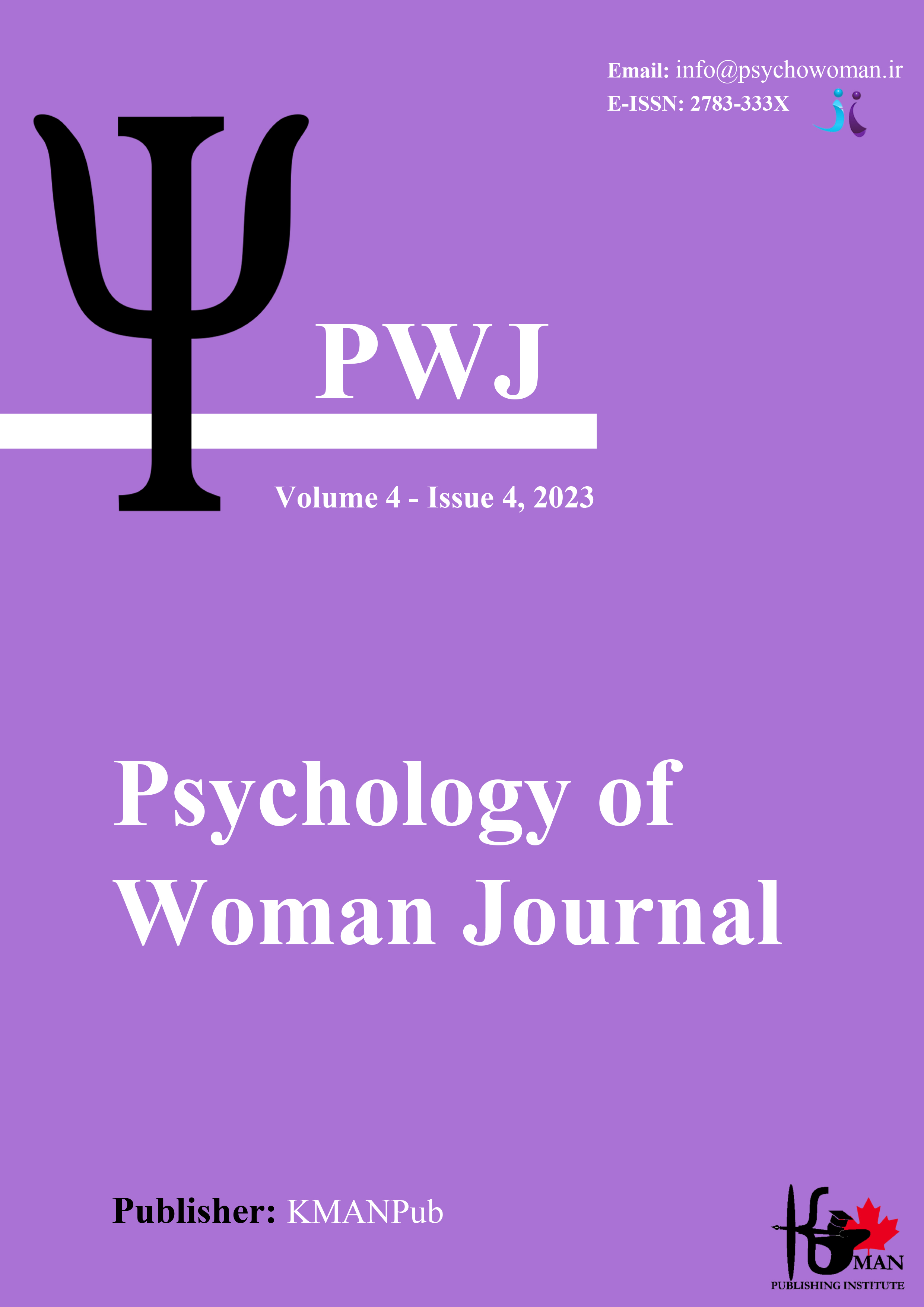Predicting Emotional Divorce Based on Self-Differentiation and Marital Expectations in Women
DOI:
https://doi.org/10.61838/kman.pwj.4.4.2Abstract
Objective: Divorce is one of the most significant family damages leading to individual, familial, and social collapse, with emotional divorce being a precursor to formal divorce. The current study aimed to predict emotional divorce based on self-differentiation and marital expectations in women.
Materials and Methods: This study employed a correlational research method. The population included women who consulted counseling and psychological service centers in the cities of Nowshahr and Chalus. Using a convenience sampling method, 160 samples were selected and responded to the Gottman Emotional Divorce Scale (1995), Skowron and Friedlander Self-Differentiation Inventory (1998), and Omidvar et al.'s Marital Expectation Questionnaire (2009). Data were analyzed using regression analysis in SPSS 22.
Findings: Results indicated that among the components of self-differentiation, "I-position" (β= -0.30; p < 0.001) and among the components of marital expectations, expectations as a friend and supporter (β= -0.20 = β; p < 0.001) were significant predictors of emotional divorce. Additionally, the "I-position" variable had the highest predictive power.
Conclusion: Based on the findings of this study, attention to the role of differentiation and fusion in the spousal relationship, as well as marital expectations, can be crucial in identifying and treating couple issues and preventing emotional divorce.
Downloads
Downloads
Published
Issue
Section
License
Copyright (c) 2023 Homeyra Elikaei Dehno (Author)

This work is licensed under a Creative Commons Attribution-NonCommercial 4.0 International License.








